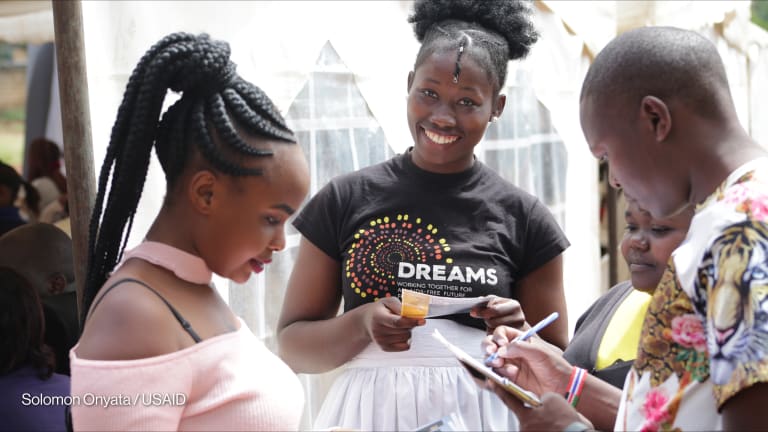Today marks five years since the massive earthquake that devastated Haiti, with some 220,000 people lost their lives and more than 1.5 million made homeless. Still very much in the recovery phase, the country currently risks slipping into freefall following the recent resignation of Laurent Lamothe as prime minister.
Even before the disaster, Haiti was considered a fragile and impoverished state with serious public health issues. The Haitian government’s resourcing of its HIV response for example has always been very limited and virtually all funding comes from the U.S. President’s Emergency Plan for AIDS Relief and Global Fund to Fight AIDS, Tuberculosis and Malaria. As a result of the earthquake, many health facilities, including the capital’s main hospital, were destroyed.
Shortly after the quake, the Ministry of Public Health and Population and UNAIDS estimated that fewer than 40 percent of people living with HIV had access to antiretroviral therapy sites. In many instances, HIV services were being provided in the yards of health centers or hospitals. There were shortages of drugs. The logistical management and distribution of drugs used for prophylactic treatment was poor. In a lot of institutions, hygiene and medical waste management were problematic.








